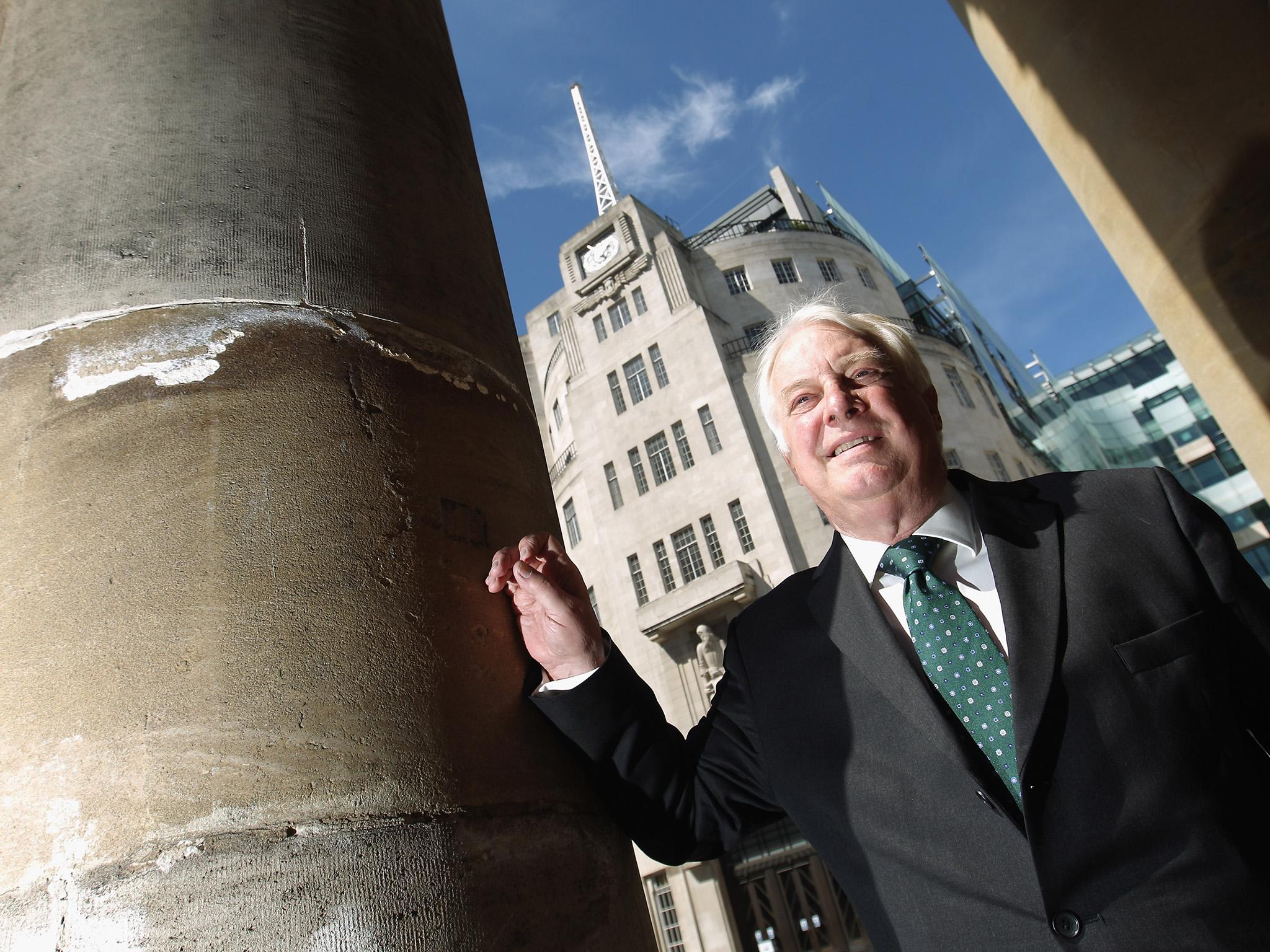Last British governor of Hong Kong Chris Patten condemns independence movement as undermining democracy

Your support helps us to tell the story
From reproductive rights to climate change to Big Tech, The Independent is on the ground when the story is developing. Whether it's investigating the financials of Elon Musk's pro-Trump PAC or producing our latest documentary, 'The A Word', which shines a light on the American women fighting for reproductive rights, we know how important it is to parse out the facts from the messaging.
At such a critical moment in US history, we need reporters on the ground. Your donation allows us to keep sending journalists to speak to both sides of the story.
The Independent is trusted by Americans across the entire political spectrum. And unlike many other quality news outlets, we choose not to lock Americans out of our reporting and analysis with paywalls. We believe quality journalism should be available to everyone, paid for by those who can afford it.
Your support makes all the difference.A growing independence campaign in Hong Kong is a terrible mistake that undermines the Chinese-ruled city's push for democracy and serves merely to provoke Beijing, Chris Patten, the last governor of the former British colony, said on Friday.
Speaking after a speech to a packed Foreign Correspondents' Club, Mr Patten said that while democratic development in Hong Kong had been disappointingly slow, independence was not the answer.
“There is no stronger supporter of democracy in Hong Kong than me, but to confuse that campaign with a campaign for independence is a terrible mistake,” Mr Patten, who governed from 1992 to 1997 and was in tears at the handover ceremony, said.
“It reduces support for democracy, it undermines the moral high ground which I think was achieved by students in 2014. It provokes not just officials of the Chinese Communist Party but it provokes the people of mainland China.”
China took back control of Hong Kong in 1997 through a “one country, two systems” formula that allows wide-ranging freedoms, a separate legal system and specifies universal suffrage as an eventual goal.
Beijing's refusal to grant full democracy saw tens of thousands of students take to the streets in late 2014, protests that presented the central government with one of its greatest challenges in decades. Patten supported the students' demands.
Communist Party leaders in Beijing fear calls for democracy spreading to other cities. Britain itself made no mention of democracy for Hong Kong until the dying days of more than 150 years of colonial rule.
Mr Patten's comments on independence come after the issue grabbed international attention this month when Beijing intervened to effectively bar two pro-independence Hong Kong legislators from being sworn into office.
The move came after Yau Wai-ching, 25, and Baggio Leung, 30, pledged allegiance to the “Hong Kong nation” and displayed a banner declaring “Hong Kong is not China” during a swearing-in ceremony for the Legislative Council in October.
Referring to Hong Kong's much-vaunted rule of law, Mr Patten said he was “fairly” confident in it, although he acknowledged there had been some issues and people in the city were anxious.
“There is nervousness that something which has been so fundamental to Hong Kong's success as a city and as an economy may be tampered with. I don't think that will happen. But it's a concern. People are nervous that it may happen,” he said.
Mr Patten voiced concern over the case of five booksellers who went missing in late 2015, amid fears two were abducted – one from Hong Kong and one from Thailand – by Chinese agents. Four of the booksellers, who sold gossipy books about Chinese leaders, returned to Hong Kong and one, a Swedish national, remains in detention in mainland China.
The former Conservative Party chairman said he recently met an official who has dealt with Hong Kong for years and who relayed things about the rule of law which Mr Patten thought were “worryingly aggressive”.
“I hope that doesn't signal any further efforts to undermine the independence of the judiciary or to undermine the rule of law,” he said.
Political reform has been a constant source of friction between Hong Kong's pro-democracy movement and the mainland since the city returned to Chinese rule.
Speaking earlier at the sold-out event at the FCC titled “A World After Trump and Brexit”, which was also attended by former colonial chief secretary Anson Chan, Mr Patten laid out his fears for the future.
“I hope Mr Trump the president proves different to Mr Trump the candidate,” he said, referring to U.S. President-elect Donald Trump. “Or else we're in trouble.”
Reuters
Join our commenting forum
Join thought-provoking conversations, follow other Independent readers and see their replies
0Comments